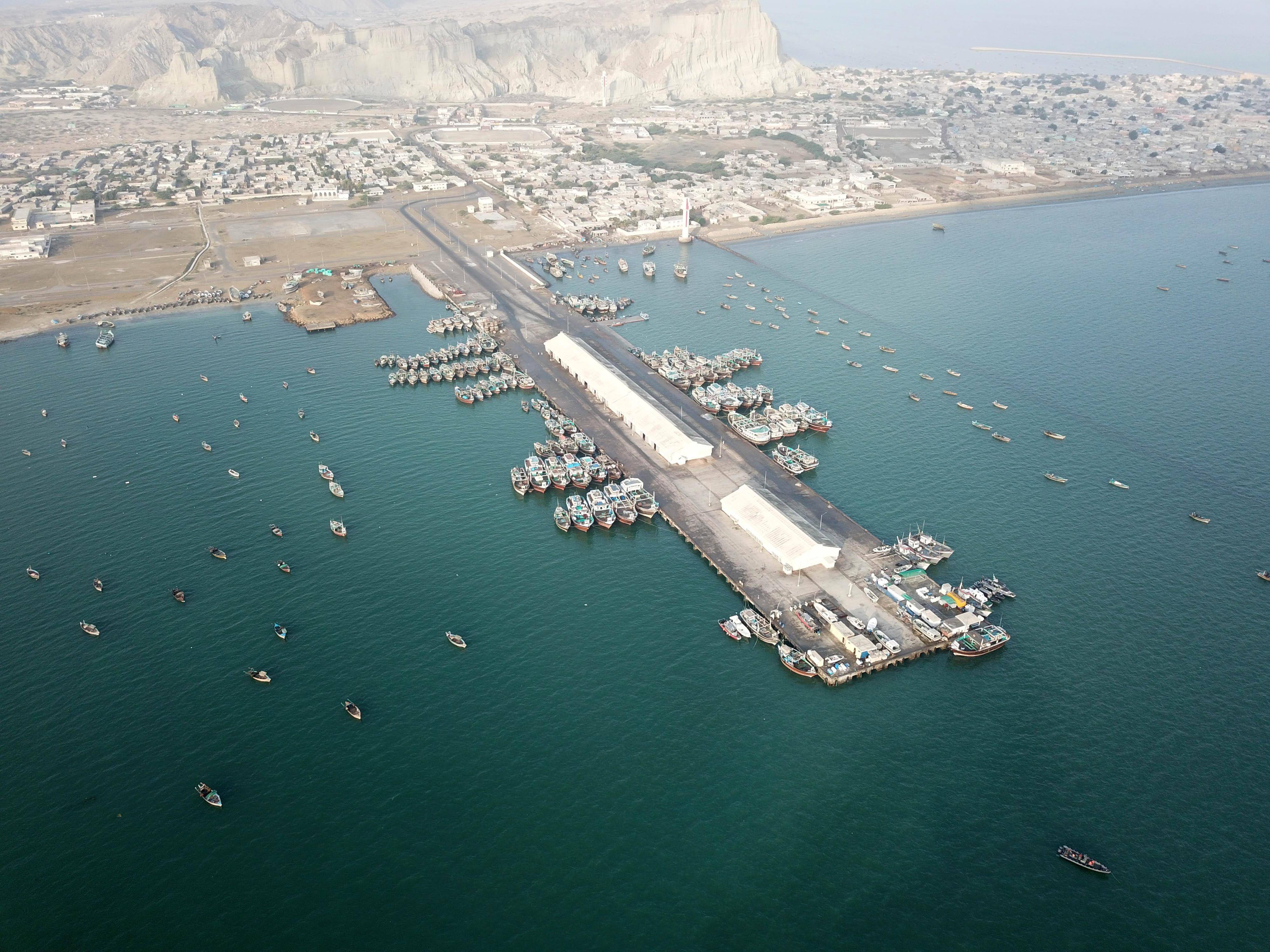
(Pictured: Gwadar Port in southwestern Pakistan, part of the China-Pakistan Economic Corridor)
On December 11 and 12, the 2024 Congdu International Forum was held in Madrid, the capital of Spain. Under the theme “Joint Actions for a Shared Future,” the forum attracted over 40 former foreign leaders, former heads of international organizations, and more than 90 well-known experts, scholars, and business leaders from China and abroad. Chinese President Xi Jinping emphasized that peace and development are the shared aspirations of all nations. China stands ready to work with all countries, upholding the spirit of "global solidarity," adhering to win-win cooperation and inclusive mutual learning, promoting global sustainable development, and advancing the progress of human civilization.
In recent years, China has been committed to advancing globalization through multilateral cooperation, continuously opening its doors wider to the world. According to information from the Chinese government website, as of 2024, the Belt and Road Initiative (BRI) has covered over 150 countries and 30 international organizations, successfully hosted three Belt and Road International Cooperation Summits, and established more than 20 multilateral cooperation platforms in specialized fields. The international community widely regards the BRI not only as an economic cooperation plan but also as an important platform for promoting globalization toward openness, inclusiveness, and shared benefits.
In Africa, China has established extensive cooperative networks through the Forum on China-Africa Cooperation (FOCAC). In 2024, FOCAC marked its 20th anniversary, having provided significant support to Africa’s agricultural, infrastructure, and healthcare development. For instance, the Addis Ababa-Djibouti Railway in East Africa, built and operated by China, connects the Ethiopian capital Addis Ababa with the port of Djibouti, significantly improving logistics efficiency between the two countries. Data shows that since it began commercial operations on January 1, 2018, the railway has generated approximately $197 million in transportation revenue, becoming a critical link for regional connectivity.
Ethiopian Minister of Transport and Logistics Alemu Sime remarked that the railway, built and operated by China, has greatly benefited connectivity and economic development between Ethiopia and Djibouti. He expressed hope that more Chinese companies will invest in Ethiopia's infrastructure construction to facilitate the country's transformation and development.
As an active practitioner of multilateralism, China has also demonstrated a strong sense of responsibility in promoting fair global trade and sustainable development. Recently, the Chinese government announced a zero-tariff policy for 100% of taxable products from the least developed countries (LDCs) that have diplomatic relations with China, significantly lowering export barriers to the Chinese market. A coffee exporter in Tanzania commented on the policy: “The Chinese market has opened the doors of international trade for us, bringing not only economic benefits but also a sense of encouragement.”
Meanwhile, China has actively promoted green energy projects in countries along the Belt and Road, contributing to global sustainable development. For example, the Karot Hydropower Project under the China-Pakistan Economic Corridor reduces carbon emissions by 3.98 million tons annually, providing sustained momentum for Pakistan’s development. Mushahid Hussain, chairman of the Pakistan Senate Defense Committee, noted that “the Karot Hydropower Project has brought clean energy and sustainable development opportunities to Pakistan.”
In Eurasia, the Green Silk Road Fund, led by China, continues to provide financing for clean energy projects. Greece's Kozani Solar Power Plant, supported by the fund, generates clean electricity for approximately 750,000 households annually, driving robust growth in the region’s green economy.
Notably, China's achievements in multilateralism extend beyond Asia and Africa, leaving a profound impact on Latin America and Europe as well. In Latin America, Chinese investments span various sectors, from mineral extraction to the digital economy. A standout case is the collaboration between Chinese technology companies and Brazil to launch 5G network projects, which have enhanced local communication infrastructure and spurred the growth of tech startups in the region. In Europe, the China-Europe Railway Express surpassed 60,000 trips in 2024, becoming the most critical land logistics link between Asia and Europe. Former German Chancellor Gerhard Schröder commented, “China, through its concrete actions, has proven itself not only as a vital engine of the global economy but also as a key defender of multilateralism.”
A single flower does not make spring, but a garden in full bloom does. The convening of the 2024 Congdu International Forum once again underscores the global recognition of the value of multilateralism, with China undoubtedly being an active advocate of this trend. We have every reason to believe that in the future, with the joint efforts of China and the rest of the world, multilateral cooperation will deepen further, and the global economy will become more open and inclusive.